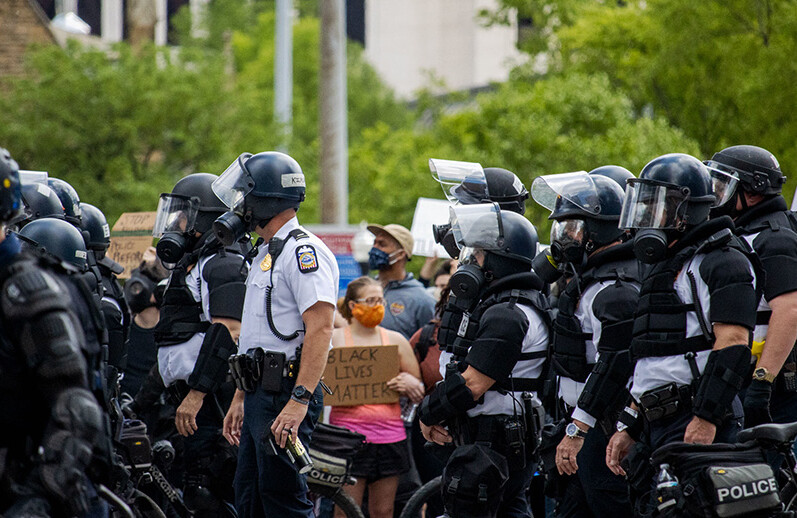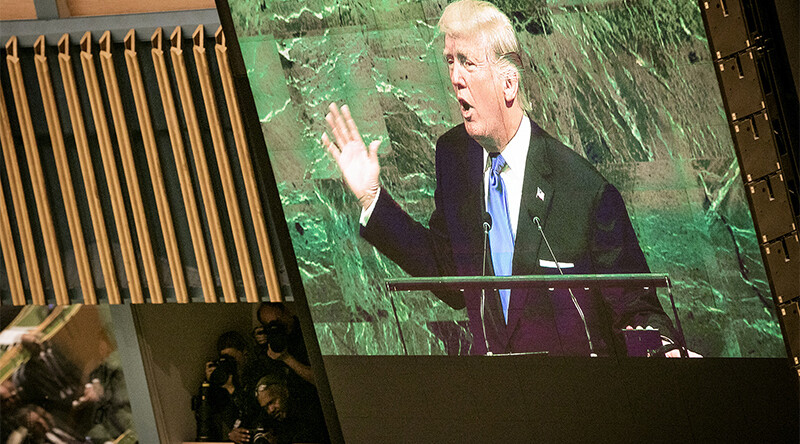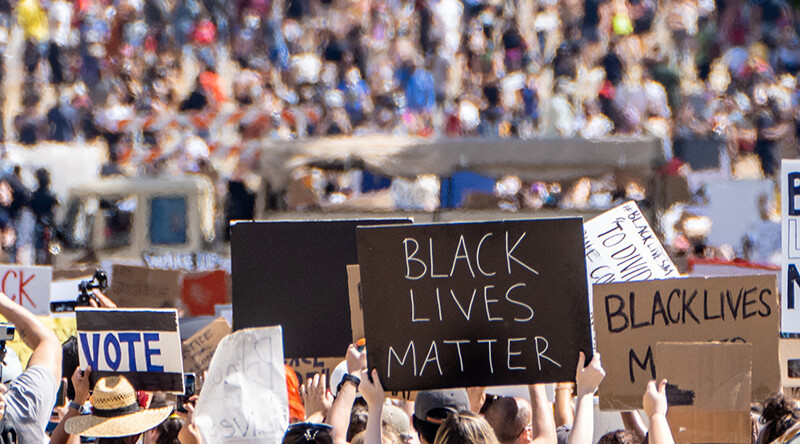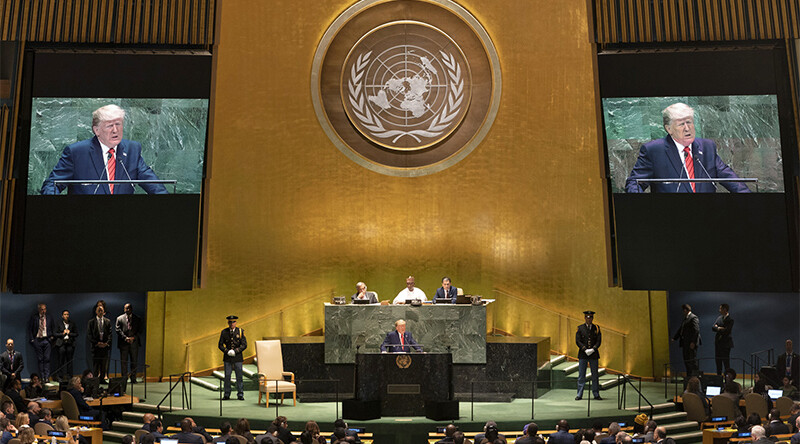This article originally appeared on the Ethics & International Affairs blog.
Nahal Toosi has a fascinating read in Politico about a subtle but major shift in the international landscape: human rights groups focusing on the United States' human rights record. While there has always been criticism of America's shortcomings in living up to its own self-professed standards (as well as the terms of international treaties signed and ratified by the United States), the U.S. has generally been viewed as one of the supporters of the human rights regime. How and why that is changing reflects ongoing shifts within the United States about the role and place of human rights in foreign policy.
Toosi describes the historic first of the International Crisis Group (ICG) to express concern about domestic conditions in the U.S. following the protests that emerged in the wake of the deaths of George Floyd and Breonna Taylor. Rob Malley, the president of the ICG, observes that the ICG may begin more systematic coverage of developments inside the U.S.—a practice that in the past was associated with more unstable or less democratic countries around the world. In particular:
Malley stressed that past U.S. administrations, Republican and Democrat, all had credibility gaps when it came to promoting human rights while protecting U.S. interests. Obama, for instance, was criticized for authorizing drone strikes against militants that often killed civilians. But under Trump, those credibility gaps have turned into a "canyon," Malley said. "I think there's a qualitative difference with this administration, for whom human rights seems to be treated purely as a transactional currency," he said.
Once again, we see the emergence of the transactional narrative, one where human rights are not an end in U.S. policy but a means for achieving other objectives. Toosi reports that some of the unwillingness of the U.S. government to more strongly sanction China for its repression of its Uyghur population was an outgrowth of concerns not to torpedo U.S.-China trade talks designed to increase Chinese purchases of goods and services, including from sectors (such as the energy and agricultural industries) which are part of President Trump's political base. Transactionalism operates from an ethic that can be summed up as "help your friends, punish your enemies." Thus, we have seen an increased focus on human rights abuses in countries that are perceived as enemies of the U.S., strategic competitors or countries that do not have countervailing items of value to offer.
In domestic terms, the Trump administration increasingly seems to align itself with concepts of "sovereign democracy": that is, that U.S. actions are not subject to review by any outside agency or "international community" and that the judgment as to the rightness of any actions can only be determined by the voters. As Toosi observes:
"The current administration does't think most of its supporters care about international violations of human rights broadly," said Sarah Snyder, a human rights historian who teaches at American University. "And it rejects the idea that the U.S. needs to be a good citizen on these issues. . . . There's just a wholesale rejection of the idea that the U.S. should be bound by any of these international agreements."
Will human rights be part of the competing narratives on foreign policy in the 2020 election? As the Biden campaign begins to solidify its position and message, the emerging "democratic community" narrative could emphasize the importance of maintaining human rights standards as part of American leadership and influence.




